Business expertise
Sustainability and CSR
Global warming, shortages of raw materials, CSR criteria, CSRD, MACF, … are forcing companies to adapt their behaviour and review their strategy.
With 80-90% of impacts generated in the value chain, it is essential to transform operations and the supply chain towards more sober and resilient models. Beyond more sustainable and regional schemes, we can also help you reinvent yourself to move towards a circular and regenerative economy that respects planetary limits.
Your challenges
Today’s companies are operating in a globalised context in which sustainable development and CSR are becoming unavoidable, whether out of a demand for extra-financial performance or out of conviction in the face of systemic challenges.
Economic resilience
- Anticipating and reducing risks
- Secure value chains (and financial flows)
- Improve flexibility and profitability
Financing and compliance
- Proving extra-financial performance to secure financing
- Meeting constantly changing standards and regulations (CSDDD, CSRD decarbonization, etc.)
Willingness to have an impact
- Being an exemplary employer to attract and retain talent
- Going beyond regulatory constraints to seek positive impacts
Employer branding
- Being an exemplary employer to attract and retain talent
- Promoting our CSR policy as a criterion for attracting candidates
Consumer awareness
- Responding to the expectations and demands of consumers who are more sensitive to sustainable development
Our convictions
Building a roadmap that is aware of and consistent with management objectives
Awareness of the issues needs to be built up through education. In addition, not all companies have the same sustainability objectives: we recommend taking the time to frame them in order to correctly define the approach with the steering comitee
In order to integrate these issues, from strategy to operations, foresight exercises are particularly appropriate
Accepting the time to take stock and measure
We can only improve what we know, so it’s imperative to go through an inventory phase to define the key issues (carbon, societal, water, critical materials), then measure the current benchmark against them.
This requires effort, but it allows us to identify the areas for improvement and their importance in defining an ambitious and realistic trajectory, anchored in the company’s reality.
Looking for triple wins to build motivation
Some areas for improvement may require significant investment (in terms of money or time).
To anchor sustainability, we’ll help you identify the sources and actions that have a positive impact on the economy, the environment and society/customer relations, so that you can build the story of the transformation and harness energies.
Thinking about more robust risk management
Thinking about sustainability is in fact an opportunity to improve the organisation (and foresight) of risk management for the company in terms of the business model, customer value, location, capabilities and impacts.
In this context, regulatory changes (CSRD) must be fully integrated into the strategy so that they can be anticipated rather than imposed.
Communicating externally and promoting continuous improvement
Communication (internal and external) and promotion of the project should be structured by theme, so as to highlight the approach gradually and allow the teams to take ownership of the issues.
A transformation project must be part of a continuous improvement approach to ensure that the process lasts and that your teams are empowered to take ownership and continue the project.
Our solutions
and expertise
Our consultants combine business expertise and CSR skills to provide effective, practical support for companies and their ecosystems.
Sustainability and circularity strategy
- CSR or regenerative approach (diagnosis and governance, impact seminars, training and serious game)
- CSRD and dual materiality support
- Pivot, scale-up of circular models and the economy of functionality (studies, pilots, scaling-up)
- CSR risk management across the chain (monitoring, assessment and processes)
- Public-private eco-system thinking (public AMO, participation in AAP, etc.)
Re-sourcing and decarbonization
- Carbon performance and decarbonization trajectory for the 3 scopes (carbon footprint or GHG footprint, etc.)
- Relocation and regionalization of operations, including sourcing master plan
- Ecological and energy transition of plants and processes
- Transition towards sustainable and circular supply chains
Sustainable and circular performance
- Eco-design, programmed sustainability and life cycle analyses (in partnership)
- CSR maturity of operations and CSR transformation of operations (in partnership)
- Sustainable transport and logistics
- Monitoring and continuous improvement of environmental and carbon performance
- Measurement of environmental footprint excluding CO2 (biodiversity, water, pollution) and social footprint (in partnership)
Our certifications and training



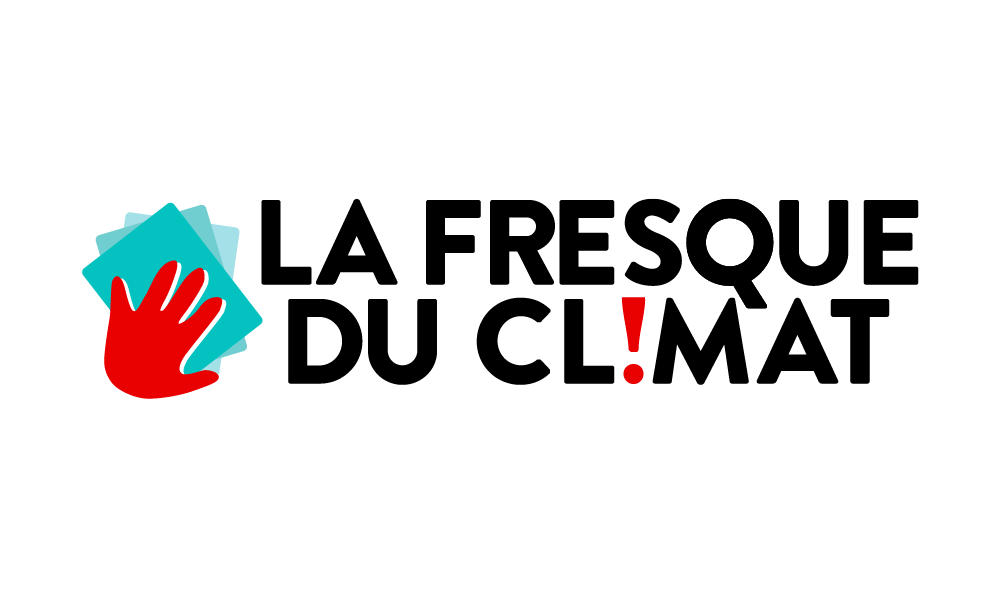


Your gains

Resilience and new models
- Market differentiation through a pivot towards circular or regenerative models
- Strategy rethought through CSR and circularity
- Building customer loyalty and attracting partners (financial or service providers)
- Inclusion in ecosystems and collaborative value chains
- Raising awareness and motivating employees and applicants
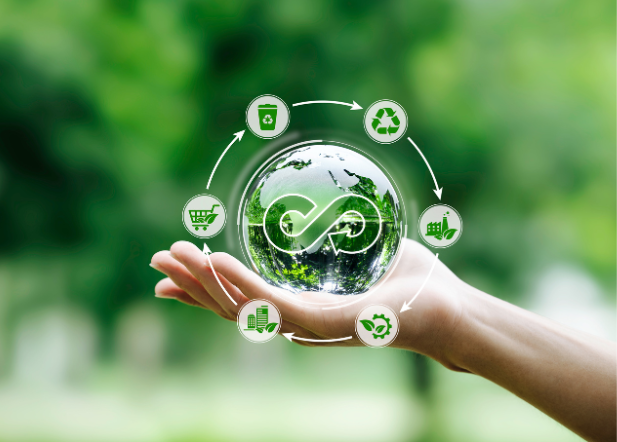
Financial, carbon and environmental gains
- Energy savings (all types)
- Reduction in CO2e emissions (and carbon tax)
- Reduction in waste and water consumption
- Knowledge of other environmental footprints
- Gains on operational costs (purchasing methods, yields, stock positioning, optimization of rounds and fill rates)

Quantified benefits
- Reduction of the carbon footprint by 20 to 40% over a 3 to 5 year period through operational performance and changes in materials. Up to 60% in circular production
- Yields improved by 5% (and related waste reduced)
- 40-50% reduction in environmental footprint through eco-design and re-sourcing
- 15% to 40% reduction in factory water use through process optimization and technology

A Project ? Cantact us
Executive Partner
Anaïs has been working with industrial and distribution companies, as well as local authorities, for over 20 years, and brings Citwell’s caring approach to bear on the coherence of transformations towards sustainability and regeneration.
Her playgrounds include raising awareness of the issues at stake, identifying the potential for overhauling business models (go circular!), leveraging regulations (CSRD, AGEC) to trigger strategies, and then implementing ‘real’ changes in the organization, processes and measures, particularly in operations.
A recognized change facilitator, both in terms of the cultural and organisational aspects of change and the development of team skills, she provides collective intelligence support to steering comitees
Among our references

Creation of a new use case in the global second-hand equipment market
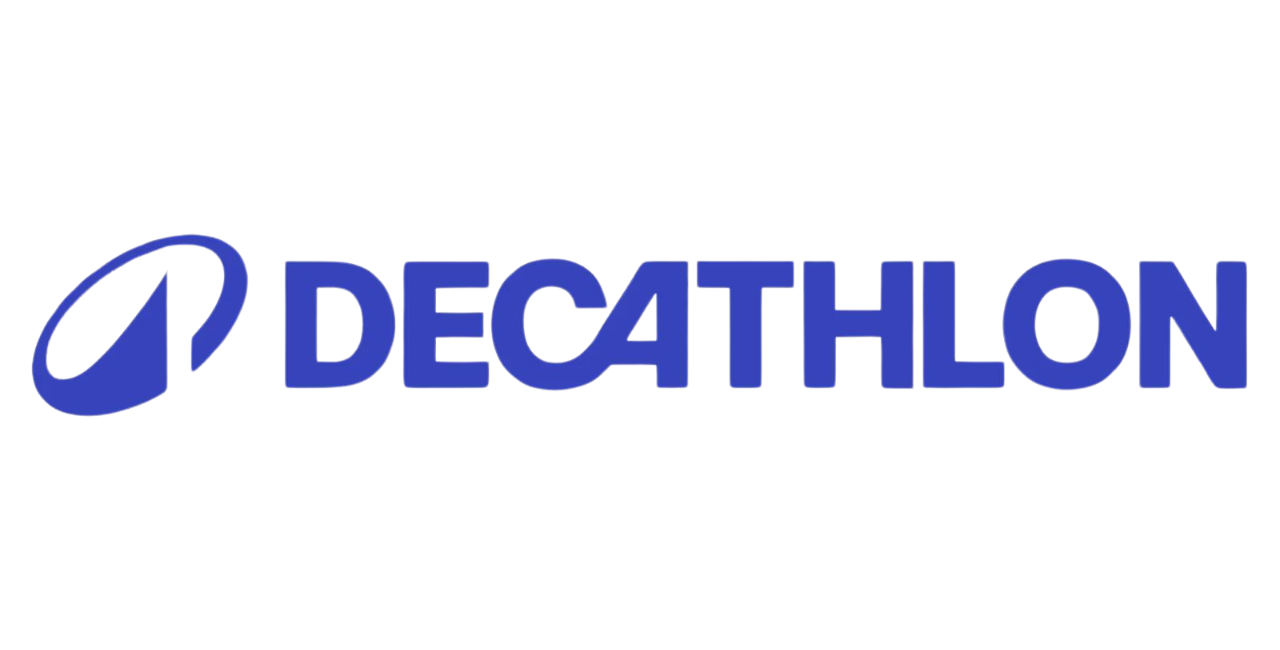
Defining the strategic path for European repair workshops

Support for 2 sites on their decarbonization trajectory
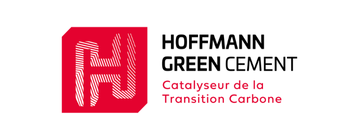
Industrial and sourcing master plan

Definition of Asmodee's ESG roadmap at the request of the fund

Diagnosis and concrete initiatives to improve global air-sea ratios
Use Case

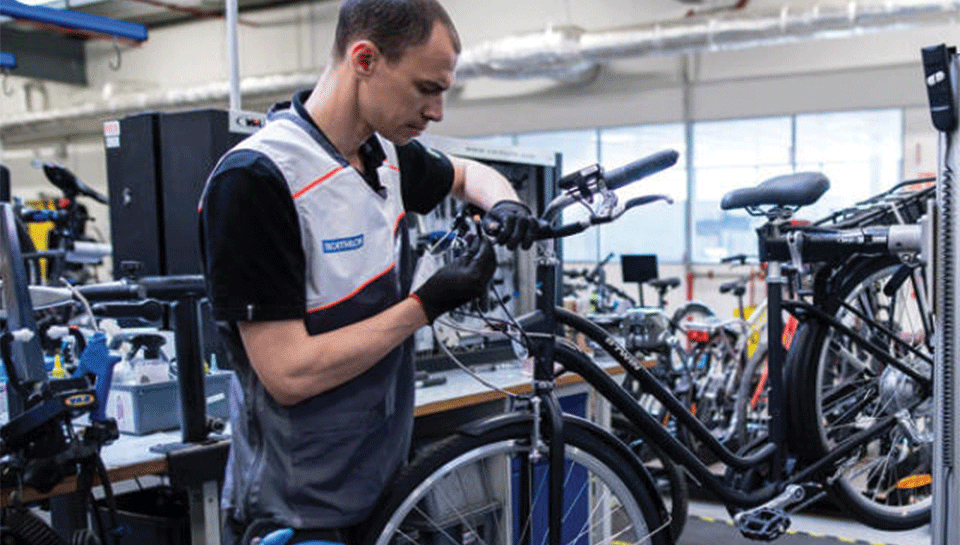
Supply chain master plan - Circular economy Europe
Our work
- Taking stock of the current situation and defining the strategic ambitions for the country/sports sector
- Creation of hypotheses for modelling logistics options
- Data collection and co-construction of a simulation environment with a pilot country
- Detailed analysis of simulations and pilot case study
The results
- Logistics reference framework for the circular economy and definition of 22 potential target flows
- Centralized data to facilitate and accelerate the implementation of the circular economy
- Tool for modelling the costs and carbon impacts of circular economy flows
They testify
« We were looking for a company with both supply chain and transport experience and CSR expertise, which is what Citwell was able to offer us and what made our choice in their favour. »
Sandra Arnaud, Head of Sustainable Development and Global Transport Logistics at Decathlon